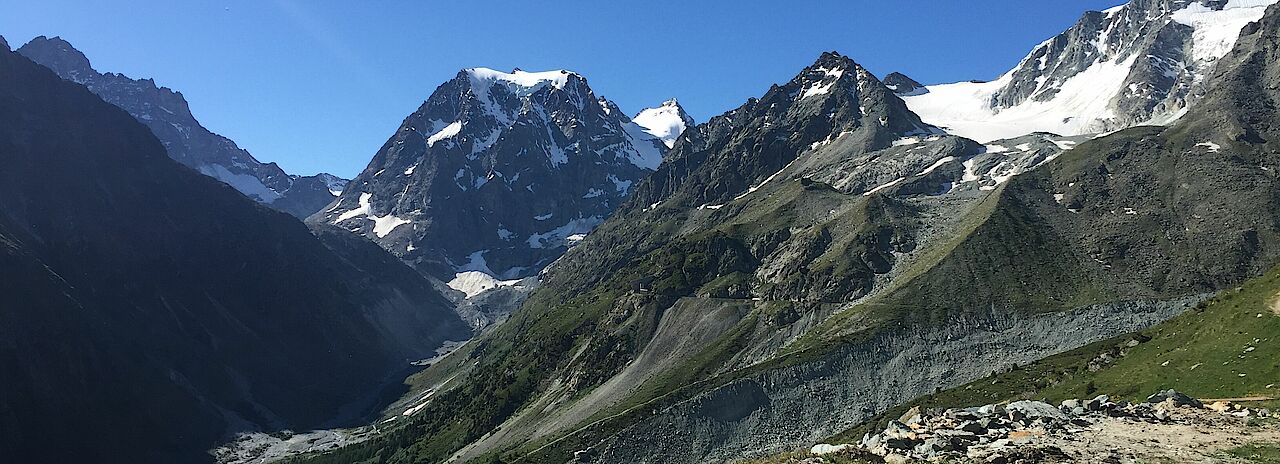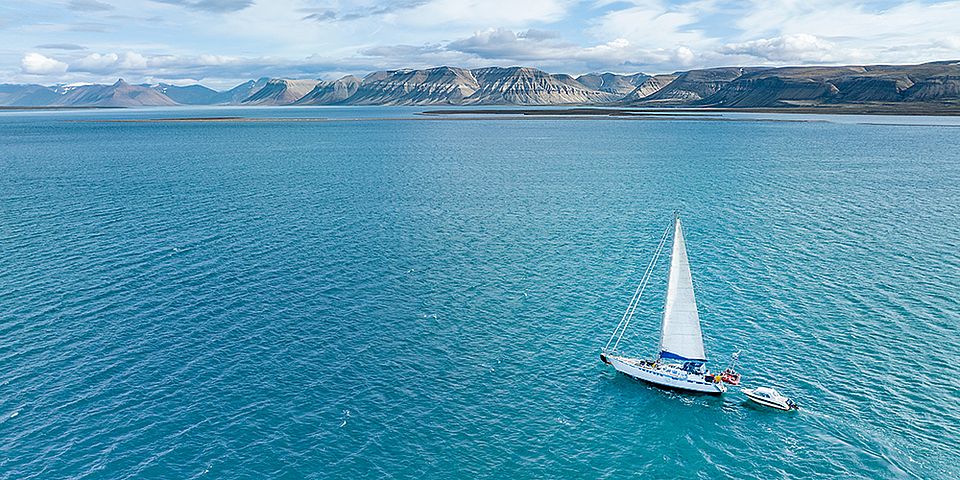
Welcome to the Ecology Website
In our research, we are combining field observations and experiments, remote sensing, and historical as well as online data sources with modelling techniques to infer impacts of environmental change on plant species distributions, diversity and performance.
Our preferred study system are alpine and arctic regions, because these relatively pristine areas allow for studying impacts of environmental change without too much direct confounding effects of human action. Furthermore, alpine and arctic regions are warming even faster than other areas on Earth, harbour disproportionately high biodiversity, and provide fundamental ecosystem services.Understanding past and predicting future changes of these ecosystem is therefore highly important to conserve global biodiversity, reach global sustainability commitments, and ensure ecosystem integrity with immediate relevance to humankind.
Distribution list for job offers and events
Are you interested in receiving regular ecology updates on research, events, jobs, etc.? Register to our mailing list by sending an email to ecology-request@cluttermaillist.unibas.ch with the subject “Subscribe”. In case of questions, please contact maya.schroedl@clutterunibas.ch.
Events

Recent publications
More losses than gains during one century of plant biodiversity change in Germany
Journal: NATURE
From white to green: Snow cover loss and increased vegetation productivity in the European Alps
Journal: SCIENCE
https://www.science.org/doi/10.1126/science.abn6697 (open access)
Contact & Address
University of Basel
Departement of Environmental Sciences
Research Group Ecology
Bernoullistrasse 32
4056 Basel
Switzerland
Franziska Grob / Administration:
Tel. +41 61 207 23 11
Monday - Thursday afternoons
